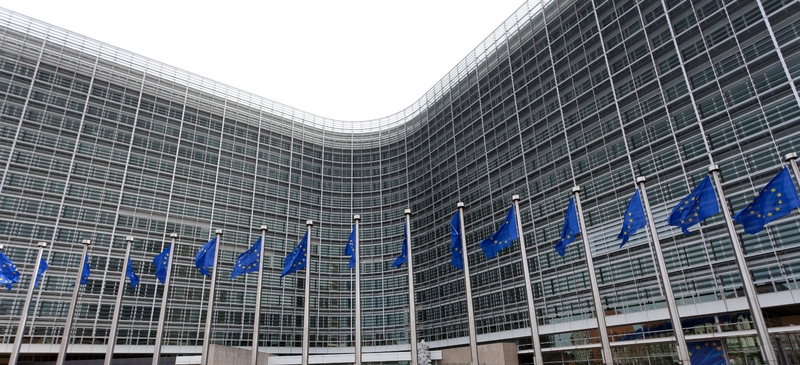
Top Brussels appointment has to be right
The European Commission, for many years the driving force of European integration, is in a sorry state. Some of the larger countries in the European Union openly flout the Commission's authority in areas such as the stability and growth pact. These days the Commission seldom sets the EU's agenda: it failed to take a lead on the "Lisbon process" of economic reform and its influence on the drafting of the European constitution was minimal. Morale among staff - despite the recent clutch of sensible administrative reforms - is poor.
At the end of October Romano Prodi will stand down from his five-year term as Commission president. When EU leaders meet in Dublin in June they will choose his successor by qualified majority vote. This choice is hugely important, for Mr Prodi and his predecessor, Jacques Santer, have been weak presidents and a third in a row could prove almost fatal for the Commission. A decade hence it is far from certain that the Commission will enjoy the powers (such as the sole right of initiative on EU legislation) it has today.
Given the unremittingly hostile press that it gets, and not only in Britain, the case for having a strong and effective Commission is often forgotten. The member states are usually incapable of thinking strategically about the common, European interest. That is where the Commission can add value, as it did when, under Jacques Delors, it pushed through the programme for a single market in the late 1980s.
The institution plays an essential role in enforcing EU rules, and especially in standing up to the big countries: only when the Commission took the French to the European Court of Justice did they lift their illegal ban on British beef exports. The Commission also does the crucial job of negotiating on behalf of the EU with other countries, for example on trade or EU enlargement. And no other institution or member state has the skills or experience to draft legislation and forge agreements in the Council of Ministers.
However, a strong Commission requires a president with four essential skills. First, he or she needs to be a good spokesman, able to communicate (especially in English) the Commission's purpose to the media. Second, he must be a good manager, who can co-ordinate the work of the various commissioners, and inspire confidence among staff. Third, he has to be able to master the details of the most important dossiers, so that the Commission can help to broker compromises among the governments. Last, he needs to be able to win the confidence of the member states' governments. A president who focused on the Commission's core competences - by championing economic reform, say - would show the institution's worth to national capitals. But one who sought to "empire-build" at the expense of the national capitals would not win their confidence.
Mr Prodi, though a decent and intelligent man, has failed on all four counts. He is a poor communicator and an ineffective manager, who has let his commissioners pursue their own agendas. He has kept his head above details and alienated many member states (especially the larger ones) by trying to boost the Commission's powers, for example in EU foreign policy.
The Commission sometimes needs to upset national governments in order to enforce EU rules. But Mr Prodi has not always picked the right fights. Was it wise for the Commission to take the Council of Finance Ministers to court - as it did last month - for failing to apply stability pact rules, when he himself had described the rules as "stupid", and when there was little chance of France or Germany submitting their fiscal policy to Commission tutelage?
Mr Prodi had been a prime minister before becoming Commission president, but that is probably not the best qualification. Prime ministers tend to leave details to others and like to think about foreign policy. Significantly, the most successful president of recent years, Mr Delors, had been only a finance minister before taking the job.
Much of the speculation surrounding this appointment has focused on prime ministers, with Luxembourg's Jean-Claude Juncker a front-runner. Several smaller member states want a prime minister to have the job, hoping for a figure with sufficient standing to defend the Commission's prerogatives against the future European Council president (a post to be established if and when the draft constitution is ratified). But the EU's Irish presidency has rightly suggested that those in less elevated jobs should also be considered.
Three commissioners who wish to serve another term, Pascal Lamy, Mario Monti and Günter Verheugen, have many of the necessary skills, although some may judge them too technocratic. A fourth, António Vitorino, may be able to count on support from Britain's prime minister, Tony Blair, who has been impressed by his work as justice and home affairs commissioner. Mr Vitorino, a former Portuguese defence minister, combines intelligence with charm. Some senior ministers could also do the job well, for example George Papandreou from Greece, Nicholas Sarkozy from France, Mary Harney from Ireland or Rodrigo Rato from Spain.
EU leaders need to get this appointment right. Unless they find someone who can give the Brussels bureaucracy a more human face, restore staff morale and work constructively with national governments, they will condemn the Commission to further decline.
